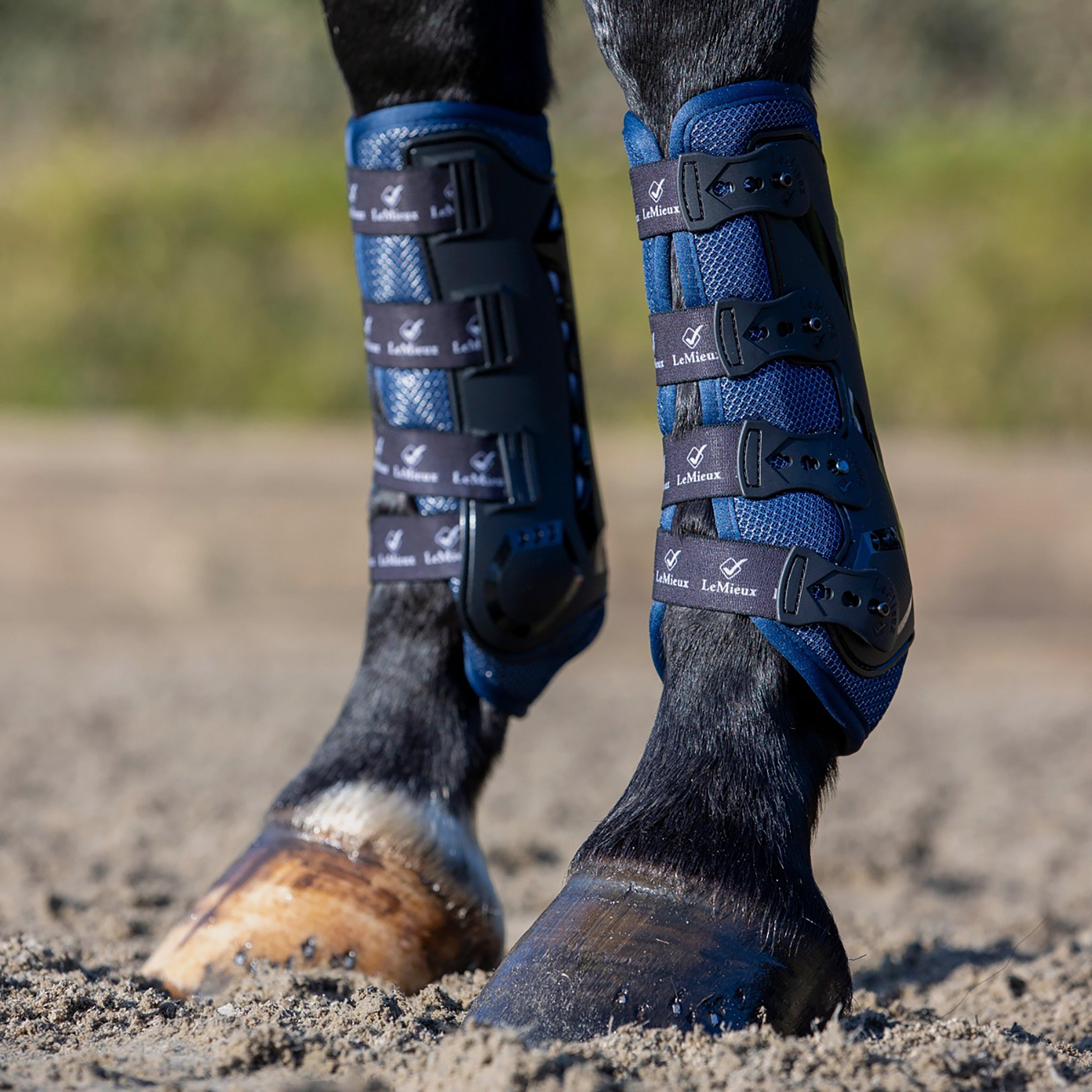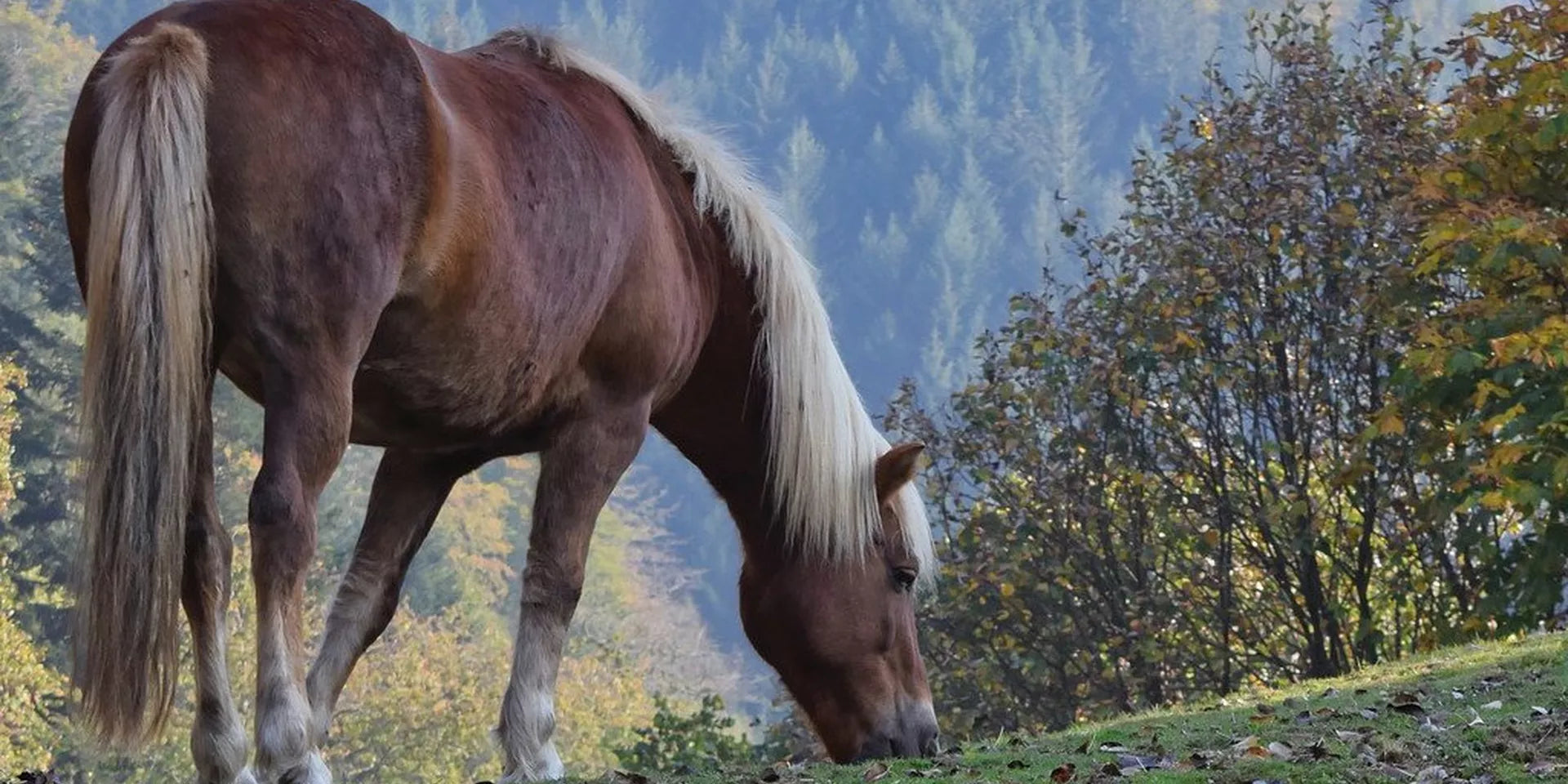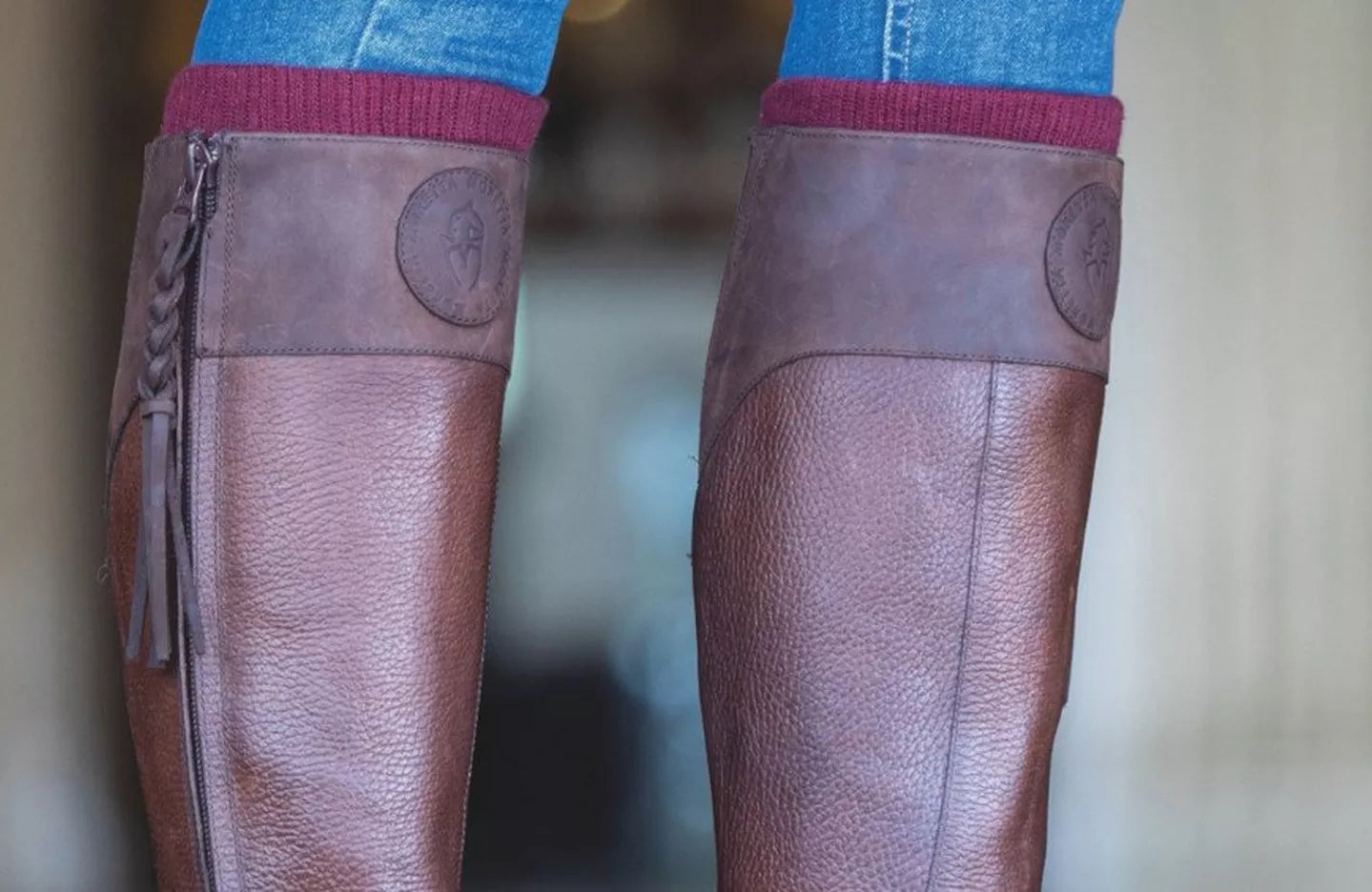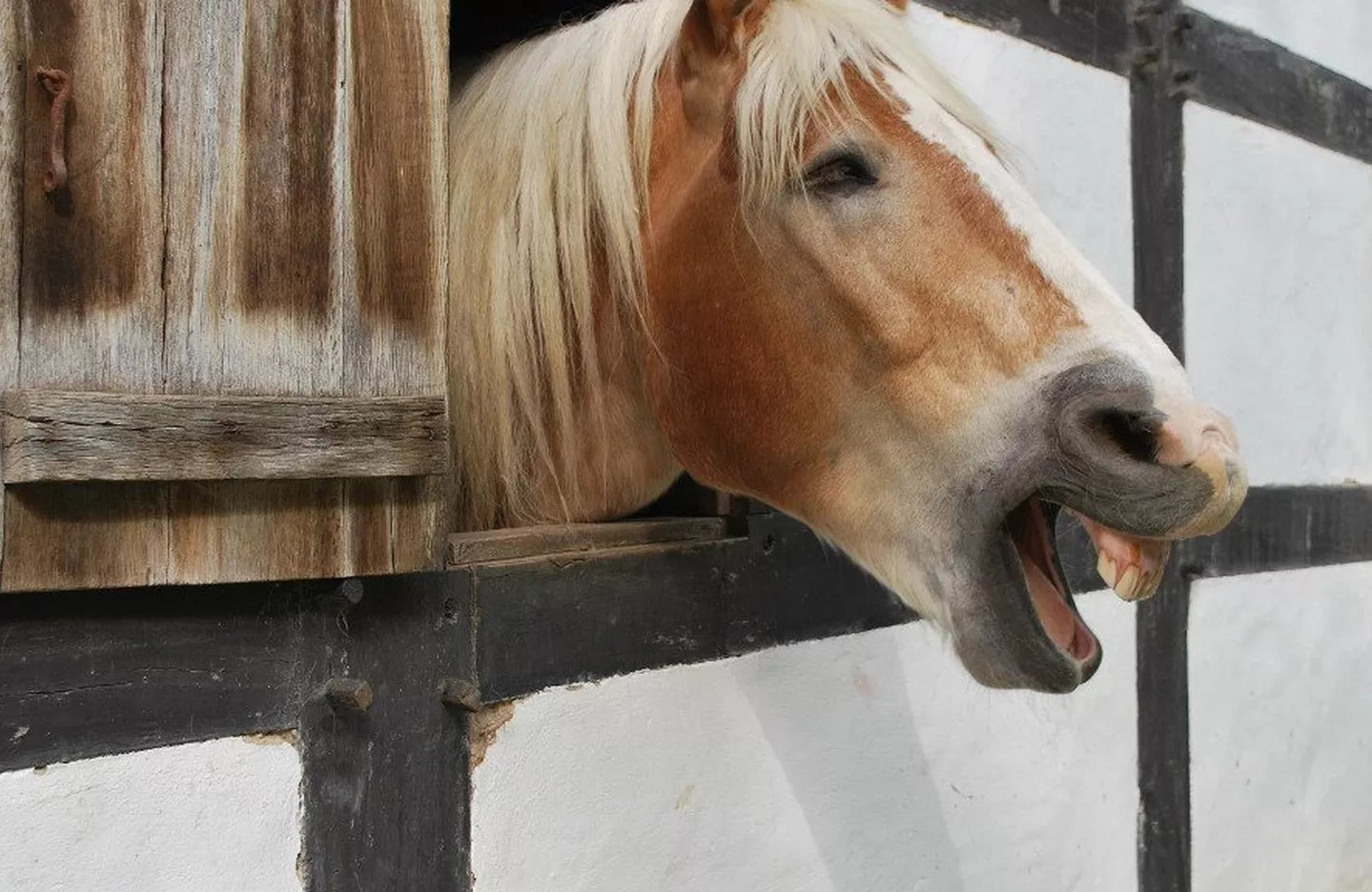Blog
-
Girths | Choosing The Right One For Your Horse
There are many factors to consider when it comes to girths, so we’ve put together a girth guide to help you choose the best suited one for you and your...
Read Article -

Top Tack! 5 Anatomical Bridles We Love
Over recent years the hype about anatomical saddlery has taken the equestrian world by storm, opening our eyes to a really important topic. We all know the risks of riding...
Read Article -

Choosing the Right Spurs for Riding Your Horse – Our Guide
What are Spurs and why do people use them? Spurs are a metal tool that is attached to the heel of riding boots for the purpose of making a horse...
Read Article -

Horse Boots 101 | Which Boots Are Best For Your Horse?
There are many things horse owners have in common; with one of the main commonalities being our horse's safety and well-being. And so many of us use boots to "protect...
Read Article -

9 Steps To Growing Your Horse's Mane Back
Winter is undoubtedly a difficult time to keep our horse’s looking their best. During these colder months it’s highly common for our horse mane to thin, become brittle and break...
Read Article -

How To Measure Your Dog For A Dog Coat
How To Measure Your Dog For A Dog Coat Dog coats are a great way to keep your canine friend warm and dry. If the temperatures have dropped or your dog...
Read Article -

Mallenders & Sallenders – Treatment and Management
What are Mallenders and Sallenders? When we find scabs on our horse’s legs, it’s easy to jump straight to the conclusion that they’ve got mud fever, especially during the cold,...
Read Article -

Naylors Massive Horse Rug Clearance
Treat Your Horse & Grab A Bargain In The Naylors Massive Horse Rug Clearance It's the perfect time to give your horse's wardrobe an overhaul and make good use of...
Read Article -

Which Bit For My Horse? | Naylors Guide
Which Bit For My Horse? | Naylors Guide Which bit for my horse? A common tack dilemma It is hugely important to make sure all of your horse's tack fits...
Read Article -

Riding Hat Rules & Regulations: Effective from 2019
Is your hat up to standard? If you're looking to take your horse out competing it can be difficult to decipher what the rules are for hat regulations.
Read Article -

Naylors Photo Shoot With Ellen Whitaker & Antonio Marinas
Who wants an exclusive look behind the scenes at our recent photo shoot with Naylors sponsored riders Ellen Whitaker and Antonio Marinas? We're very excited to show off the finished...
Read Article -

Moretta Must-Haves – Footwear Favourites
Looking for the best summer footwear styles? The latest arrivals from Moretta are a real shoe-in! Whether you’ll be in the saddle, out in the countryside, taking a stroll through...
Read Article -

Jodhpurs, Breeches and Riding Tights - Our Top 5 Picks
Is your legwear lacking? Let’s be honest, most of us wear our favourite pair of riding pants until they’re completely threadbare! Sadly though, with forgiving weather a thing of the...
Read Article -

Winter Rug Guide - The Do's, Don'ts & Must-Haves
Time to dig out your horses Winter rug collection! Have you had snow yet where you are or just bitterly cold winds, harsh hail and torrential rain? No matter what...
Read Article -

Dressage Competition Ready Part 2 – Your Horse
At this point you have read our Dressage Competition Attire Part 1 – The Rider, so you should be all set and ready for your competition! So now it’s time...
Read Article -

Tri-Zone All Sport Boots – Tried. Tested. Trusted.
Whether you’re a seasoned professional or an everyday leisure rider, we all have one thing in common… Our horses welfare comes first, above all else!
Read Article -

The New British Showjumping Whips & Spurs Ruling 2020
New rules for whips & spurs in British Showjumping! British Showjumping (BS) have paved the way for promoting animal welfare with their new Whips & Spurs Ruling – *clapping hands*...
Read Article -

Is My Horse Bored? Beating the Stable Boredom
Trying to juggle work, family, fitness, a social-life and our horse can be hectic! But whilst we are busy trying to stay afloat of all the madness - for most...
Read Article
















